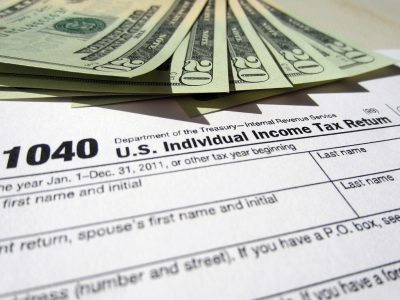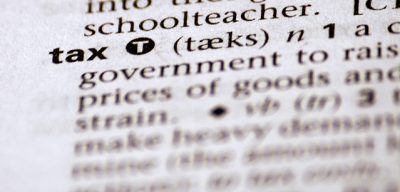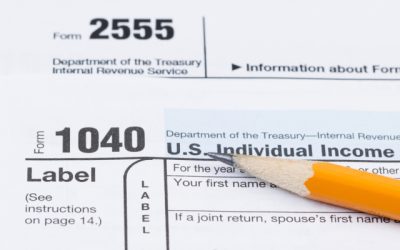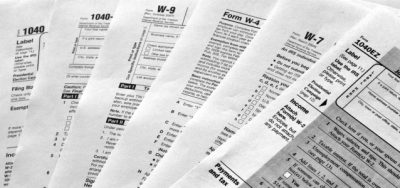Economics of Immigration
How does immigration help the economy? Immigrants make a significant impact on state and local economies. Learn more about the contributions immigrants make as workers, taxpayers and consumers.

Immigrants in the United States
One in seven U.S. residents is an immigrant, while one in eight residents is a native-born U.S. citizen with at least one immigrant parent. Read More

Reimagining the Midwest: Immigration Initiatives and the Capacity of Local Leadership
Elected and civic leaders throughout the Midwest are recognizing that they have a role to play in shaping immigration policy despite inaction at the federal level, according to a report released by The Chicago Council on Global Affairs and the American Immigration Council. Read More

Deferred Action for Undocumented Immigrants Could Add Billions in Taxes to U.S. Economy
There’s no question that improving the United States’ outdated immigration system would help the economy. The Senate-passed immigration bill S. 744 would have, if enacted, reduced the federal budget deficit by approximately $1 trillion over 20 years and led to an increase in wages for U.S. workers. But House leaders… Read More

Living in Car Culture Without a License
Community leaders in the United States increasingly recognize the contributions of immigrants to the growth of state and local economies, in both traditional and new immigrant destinations, as immigrants help revitalize declining communities and ailing economies. In recognition of these contributions, states and cities across the country are creating welcoming initiatives that seek to integrate and maximize the contributions of immigrant workers and entrepreneurs of all backgrounds, without an emphasis on legal status. On a parallel track in terms of initiatives that facilitate the integration of foreign-born arrivals, some states offer driver’s licenses to unauthorized immigrants. Many more states are considering it. This makes sense given that the United States is among the top motor-vehicle dependent countries in the world. States that do not offer driver’s licenses to unauthorized immigrants will limit the contributions that immigrant communities as a whole can potentially make, are likely to face negative economic and public safety consequences, and tend to fail in attempts to use such restrictive state-level policies to reduce the presence of unauthorized immigrants. Read More

Undocumented Immigrants Contribute Billions in Taxes
Death and taxes, according to Benjamin Franklin, are the only things in life that are certain. And despite the prevailing myth perpetrated by nativist groups, there are plenty of undocumented immigrants facing the certainty of taxes on April 15. They pay billions in state and local taxes every year… Read More

Targeting Immigrant Taxpayers as a Matter of Course
Unfortunately, there is a new fallback position for some members of Congress when it comes to finding ways to save money. That position is eliminating the Additional Child Tax Credit for immigrant taxpayers. This has been proposed in the past by other members of Congress; however, the latest iteration is in the form of an amendment that Senator Kelly Ayotte (R-NH) proposed to “pay for a three-month extension of unemployment benefits by stopping a scheme that currently allow {sic} illegal immigrants to claim the Additional Child Tax Credit.” Read More

New Estimates of State and Local Taxes Paid by Undocumented Immigrants
Undocumented immigrants who live and work in the United States pay billions of dollars in taxes every year to state and local governments. Given the chance to earn legal status, they would pay even more. Those are the simple yet powerful conclusions of a new study by the Institute on Taxation and Economic Policy (ITEP). According to ITEP, “undocumented immigrants paid an estimated total of $10.6 billion in state and local taxes in 2010.” Moreover, “allowing undocumented immigrants to work in the United States legally would increase their state and local tax contributions by an estimated $2 billion a year.” In short, legalization pays. Read More

Social Security Administration Says Immigration Reform Will Increase Tax Revenue, Boost Economy
Will the immigration reform bill create millions of jobs, boost GDP, and help balance the budget? A new report by the Social Security Administration says that it will, by putting undocumented immigrants on the tax rolls and allowing them to participate fully and legally in the U.S. economy. Read More

Bloated Estimate of Legalization Costs Ignores Immigration Reform’s Broader Economic Benefits
Washington D.C. – Today, the Heritage Foundation released a report which attempts to assess the fiscal costs associated with legalizing the 11 million unauthorized individuals living in the United States. The new report is similar to a 2007 study, which was widely criticized at the time of publication and continues… Read More

Fatally Flawed: FAIR Blames Immigrants and Children for Maryland’s Financial Problems
In a case of very creative accounting, the nativist Federation for American Immigration Reform (FAIR) is blaming immigrants and children for Maryland’s fiscal woes. In a new report, FAIR lumps together unauthorized K-12 immigrant students with U.S.-born students who have unauthorized parents and claims that they are all costing Maryland taxpayers astronomical sums in educational expenditures. However, the report, entitled The Cost of Illegal Immigration to Marylanders, suffers from several fatal flaws. Read More
Make a contribution
Make a direct impact on the lives of immigrants.
